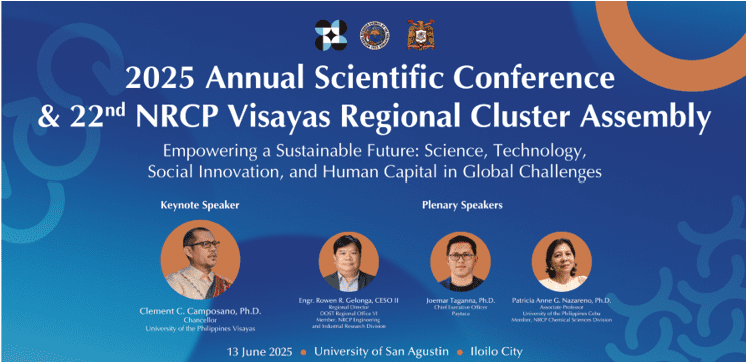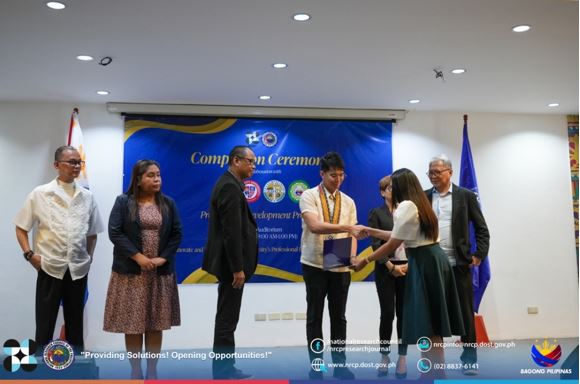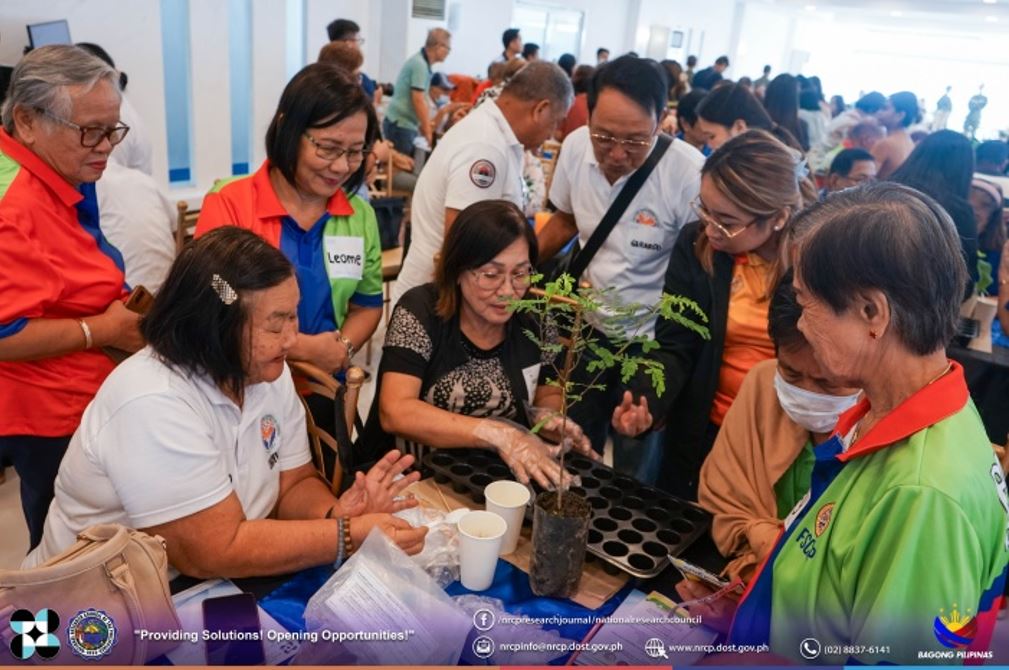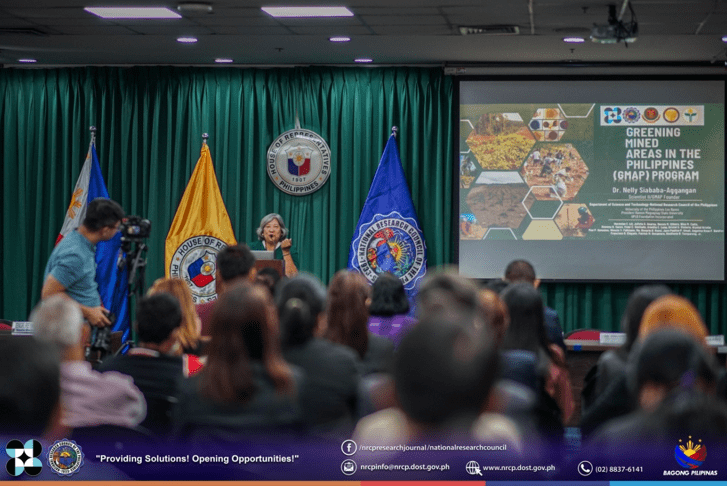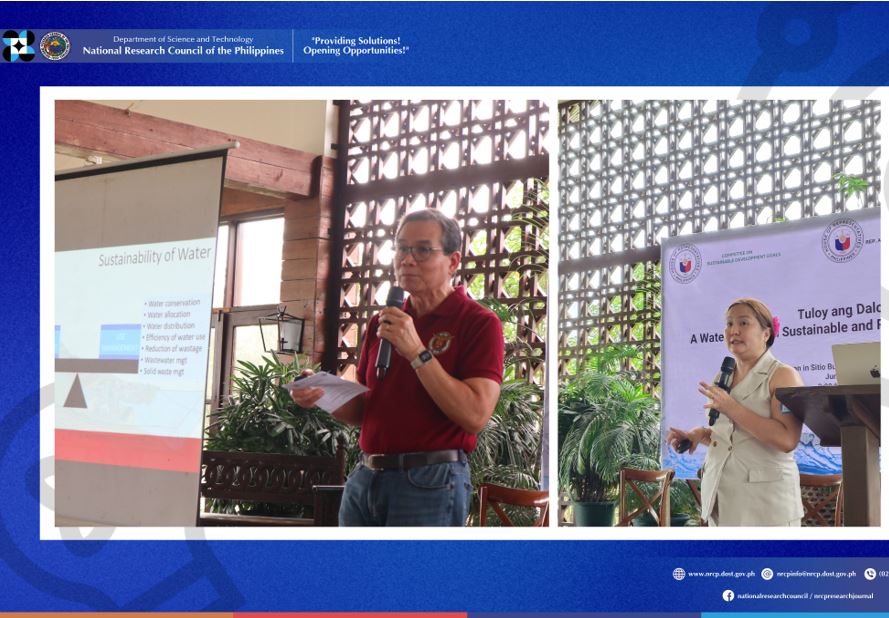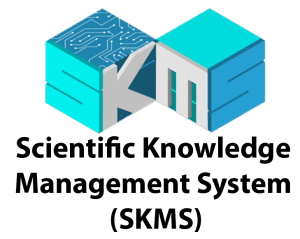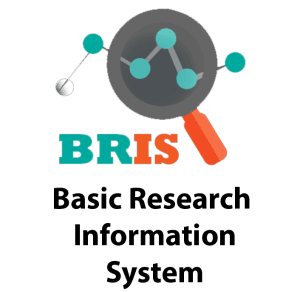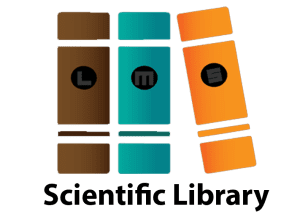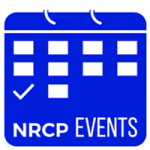More SUCs now with upgraded capabilities and laboratories, thanks to gov’t RDLead program

“Ang ultimate goal ko ay makagawa ng research proposals na makaka-attract sa mga funding institutions kasi from the previous years na gumagawa ako ng mga maliliit na research hindi po ako nagkaqualify,” Dr. Marife R. Hilapad, a professor of Capiz State University (CapSU) said.
Dr. Hilapad is among the 800-plus researchers, scientists, and engineers who have been empowered through the first four years of the Research and Development Leadership (RDLead) initiative of the National Research Council of the Philippines (NRCP) under the Department of Science and Technology (DOST)’s Science for Change Program (S4CP). RDLead was also a recipient of the 2022 United Nations Public Service Award.
Back in 2016, a large majority or 80% of the R&D funding from the government was concentrated in Metro Manila and its adjacent regions. The disparity for allocation was apparent leaving the rest of the regions with only 20% to fund their R&D.
RDLead aims to response to this gap by enhancing the research capabilities of higher education institutions, research and development institutes, and national government agencies by instrumentalizing adept research champions dubbed as RD Leaders.
Before RDLead’s introduction to CapSU, Dr. Hilapad harbored doubts about her ability to secure external research funding. Despite her reservations, she clung to the hope that she would eventually achieve her lifelong goals.
“It became a challenge to me. Kaya lang siguro, ‘yung taong makatutulong sa akin ay hindi pa dumadating or hindi pa sapat ang aking kakayahan. Iyon ang gusto ko talaga. Fulfill my ultimate dream of having externally funded research,” explained Dr. Hilapad.
Fortuitously, Dr. Ricardo P. Babaran, an NRCP Associate Member specializing in Aquatic Biology and a Professor of Fisheries at the University of the Philippines Visayas, became CapSU’s RD Leader.
Given the financial constraints faced by CapSU, with a budget of only 3.78M in 2018 for research programs, including Personal Services, Maintenance and Other Operating Expenses, and no capital outlays (Official Gazette, 2017) external funding through well-crafted research proposals became imperative.
Addressing CapSU’s need for capacity-building and inadequate facilities and equipment, Dr. Babaran guided the university in crafting an infrastructural plan.
Under RDLead, Dr. Babaran conducted comprehensive training at CapSU on fish taxonomy, fish biology, otoliths and their applications in fisheries management, sample techniques for fisheries research, as well as research proposal development, scientific writing, review, and publication.
“Through critiquing our work, nakikita niya (Dr. Babaran) ‘yung kung ano pa ang puwedeng i-improve. Doon ko nalaman na marami pa akong hindi alam,” Dr. Hilapad joyfully shared her experience being mentored by Dr. Babaran, saying,
RD Leader Babaran, through an institutional research readiness assessment, collaborated with mentees, including Dr. Hilapad, to develop a comprehensive proposal.
With a focus on long-term sustainability, RDLead helped in charting the R&D roadmap of host institutions through the RD Leaders. Dr. Babaran assisted CapSU in addressing facility and equipment issues through strategic planning.
DOST’s RDLead Program provides an opportunity for research leaders to advise aspiring researchers of state universities or colleges to actively take leading roles in local area development. RD Leader Babaran successfully mentored faculties and researchers, guiding them in accomplishing intellectual property applications and manuscripts.
“My stint as the RD Leader hosted by Capiz State University (CAPSU) gave me this opportunity to mention about the critical role of its faculty members, who are also tasked to conduct research, to carry the banner for the university to be a reliable partner for progressive development in the province,” Dr. Babaran said.
Dr. Hilapad shared one of Dr. Babaran’s remarkable pieces of advice, ‘Strike while the iron is hot.’ She elaborated that once you gain momentum in writing research, you should continue to maintain focus.
In a similar situation was Tawi-Tawi Regional Agricultural College (TRAC). Dr. Satra A. Sabaani of TRAC expressed her reservations about their research competitiveness.
“Yung research namin pang-college lang. Mayroon kaming institutional research at research ng aming mga estudyante. Ginaguide po naming sila. Hindi po sa wala kaming idea sa pananaliksik yun nga lang po hindi pa ganoon kataas na antas,” Dr. Satra A. Sabaani explained.
This is why Dr. Sabaani is thankful for RDLead for bringing in Dr. Eureka Teresa Ocampo in TRAC, who helped them look for a funding agency and guided them in the entire process of a successful research journey.
Dr. Ocampo is a Regular Member of the NRCP Agriculture and Forestry Division. She was recently conferred University of the Philippines Scientist 2 and a Professor 1 in UP Los Baños.
“I was glad to help the faculty realize their potential as researchers and the research problems that are unique to the province,” said Dr. Ocampo.
During her RDLead mentorship with TRAC faculty members and researchers, she had already developed TRAC’s R&D roadmap. Two full-blown research proposals were produced, and two Memorandum of Agreements were forged. Back in 2018, TRAC did not have any funding for research programs and projects (Official Gazette, 2017).
Moreover, she had conducted a series of training on research proposal writing, ethics in research, and writing for academic journals or research publications.
Dr. Sabaani cited the remarkable character trait of Dr. Ocampo as an RD Leader, one who is very encouraging and cheerful, who always reminded her that momentary slip backs do not equate to failure. She pursued creating a research proposal while carrying Dr. Ocampo’s message to keep on going.
“Nagpapasalamat po ako sa RDLead kasi kung hindi niyo binigay si Sir Ric samin, wala kaming QualiSafe Lab. Hanggang ngayon wala pa rin kaming equipment,” Dr. Hilapad expressed her gratitude to the project.
To date, RDLead has engaged 77 RD Leaders for 74 host institutions composed of Higher Education Institutions (HEIs), Research and Development Institutes (RDIs), and National Government Agencies (NGAs). Cumulatively, RDLead institutions have already secured more than P500M worth of grants from various funding agencies in the country to support the conduct of research and development and contribute to solving regional and national issues.
The RDLead is now on its second iteration under the project Enhanced Research and Development Leadership to Foster an Inclusive Research Ecosystem (RDLead FIRE). It continues to engage RD Leaders with new host institutions nationwide. (By Regine C. Pustadan, DOST-NRCP Information Service)
oOo
Nothing follows
Hits:






